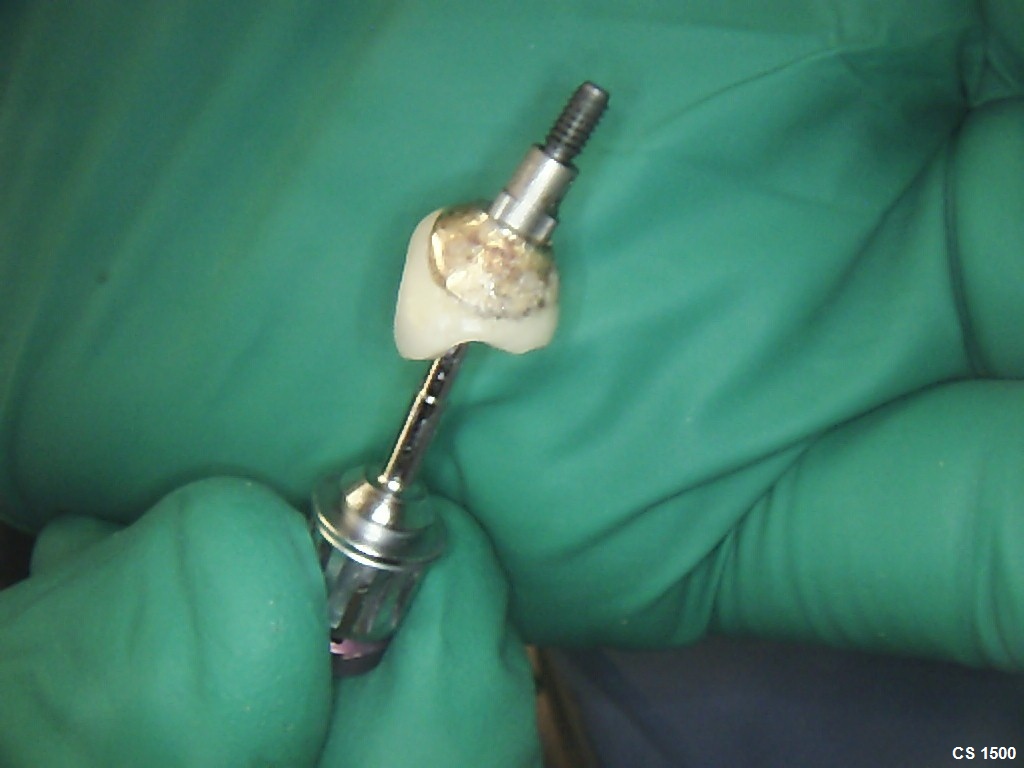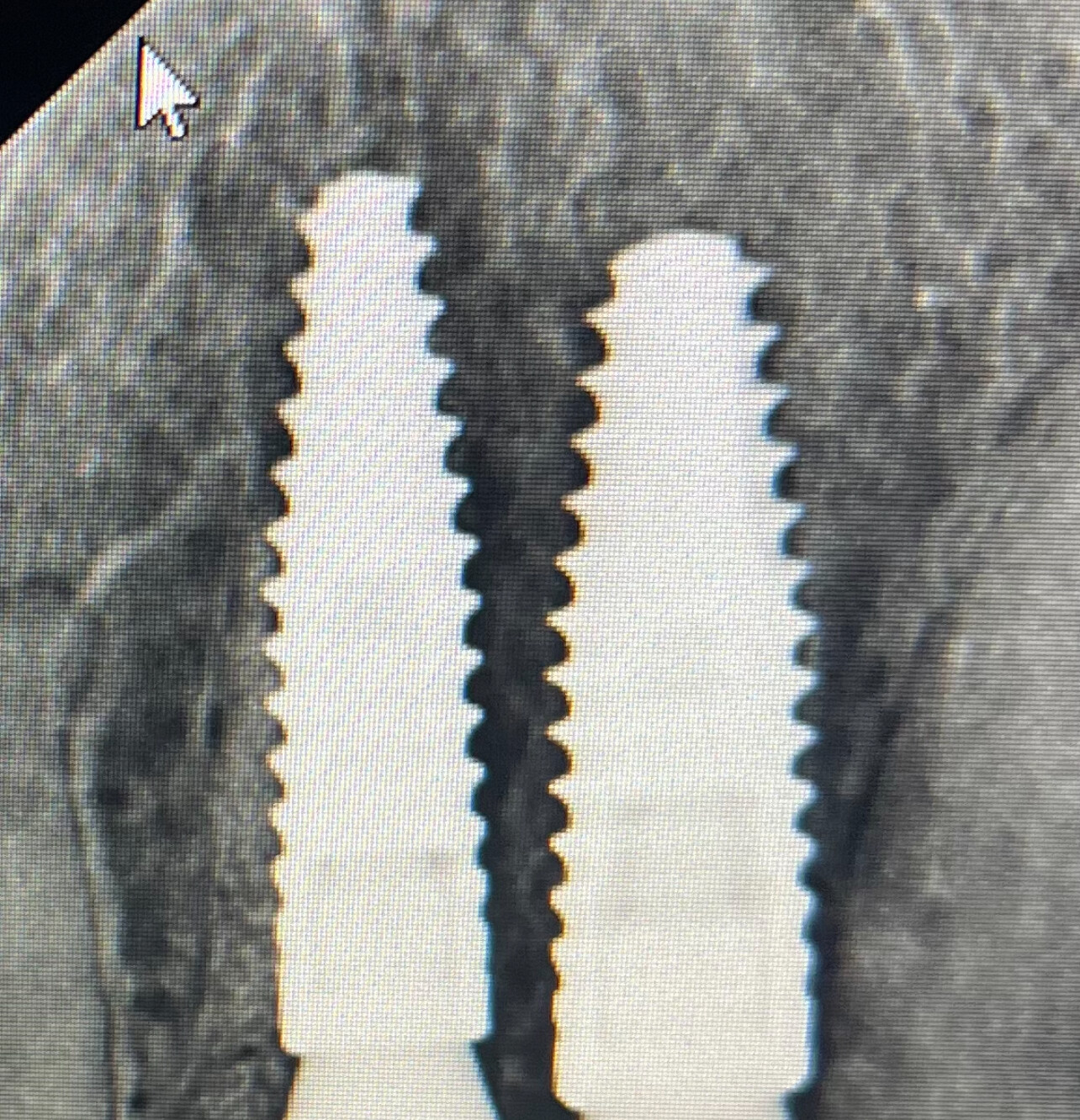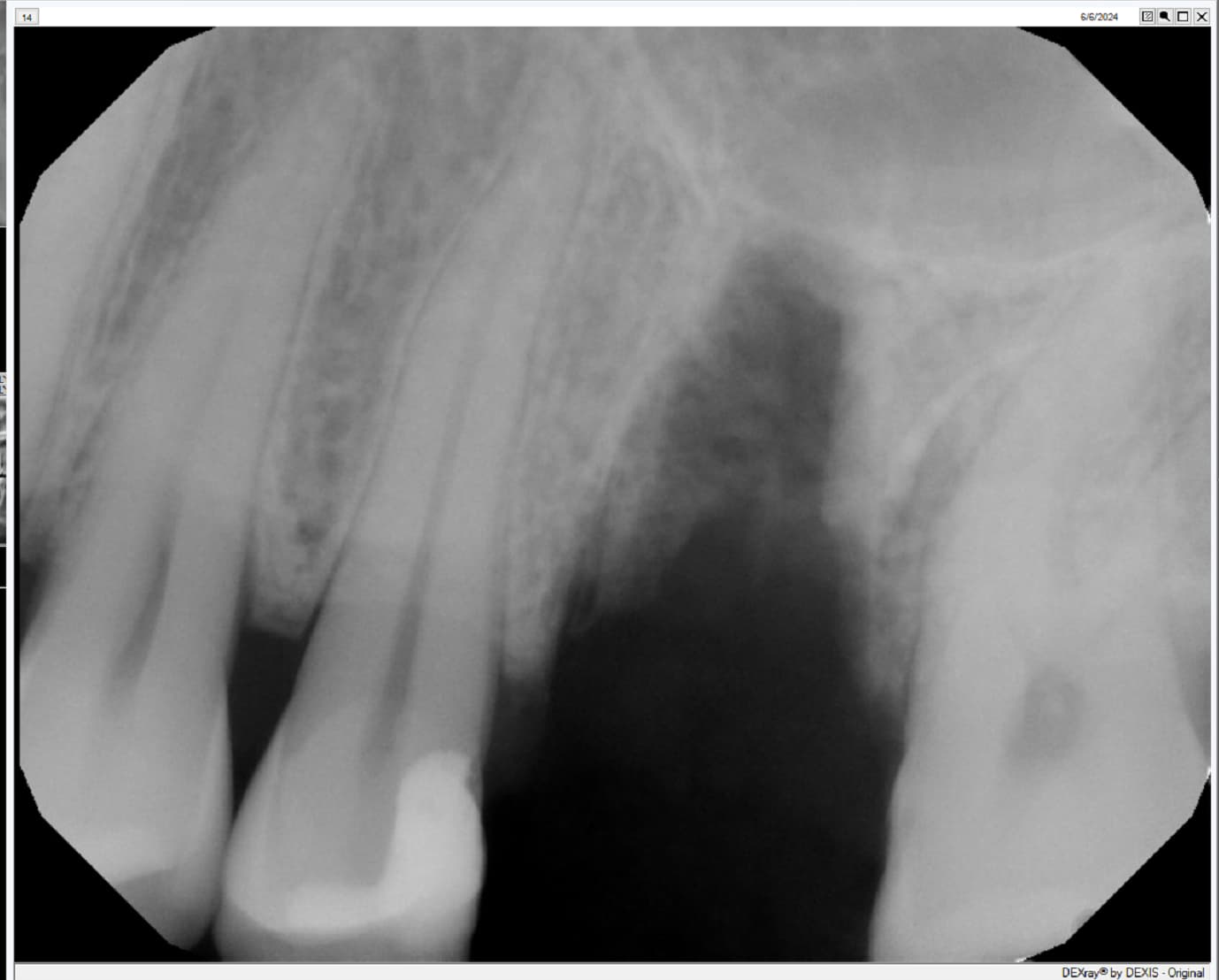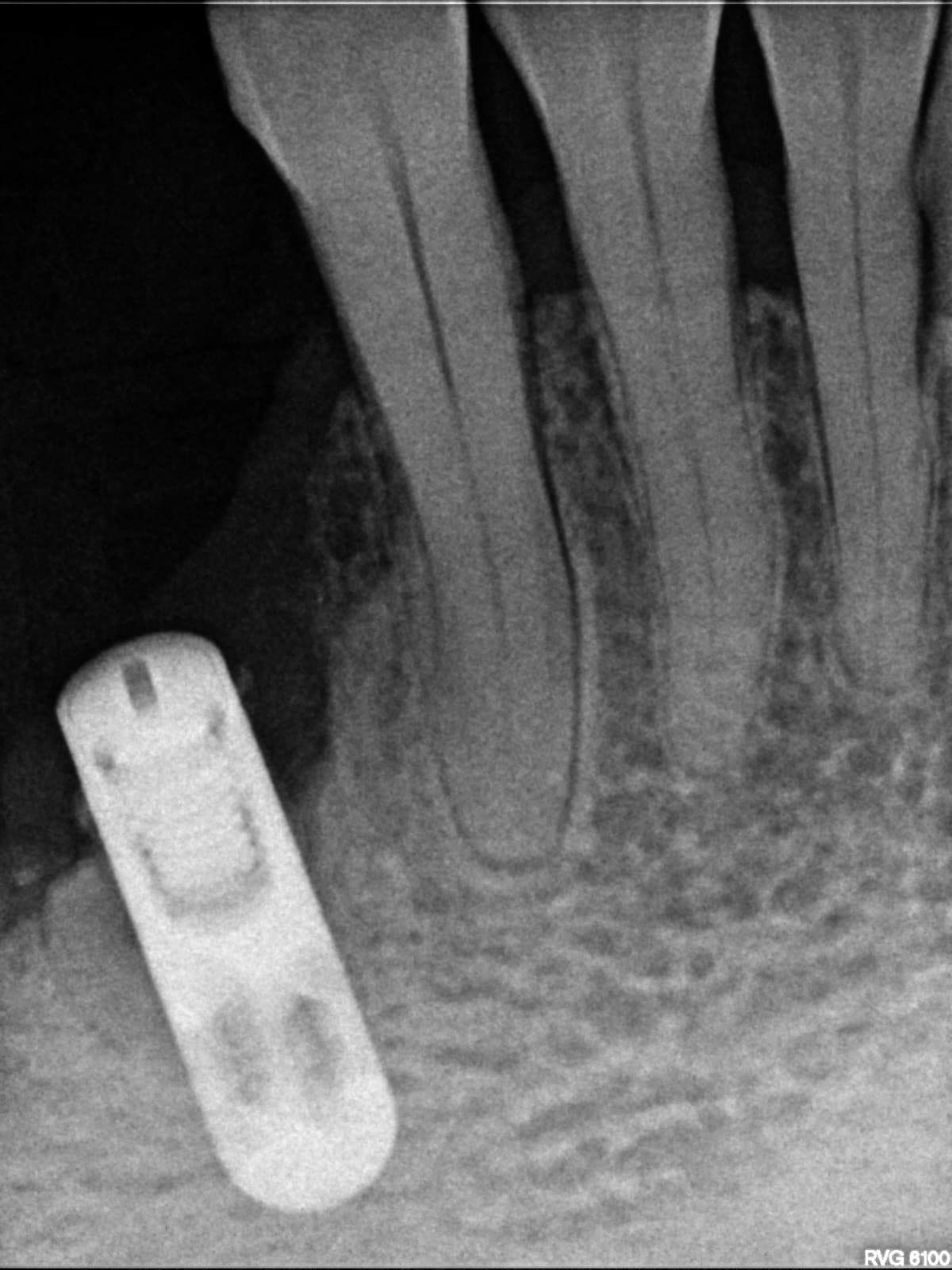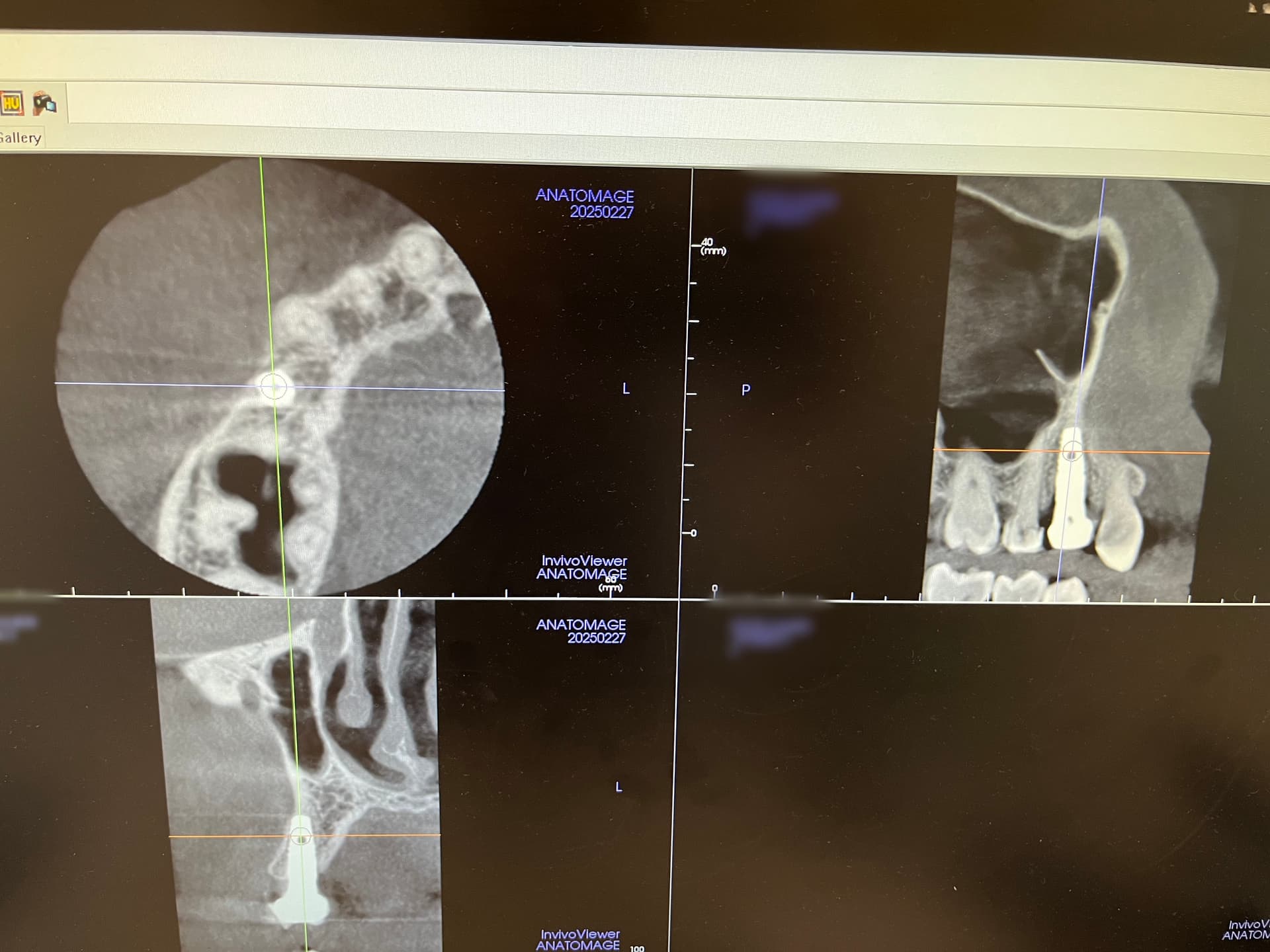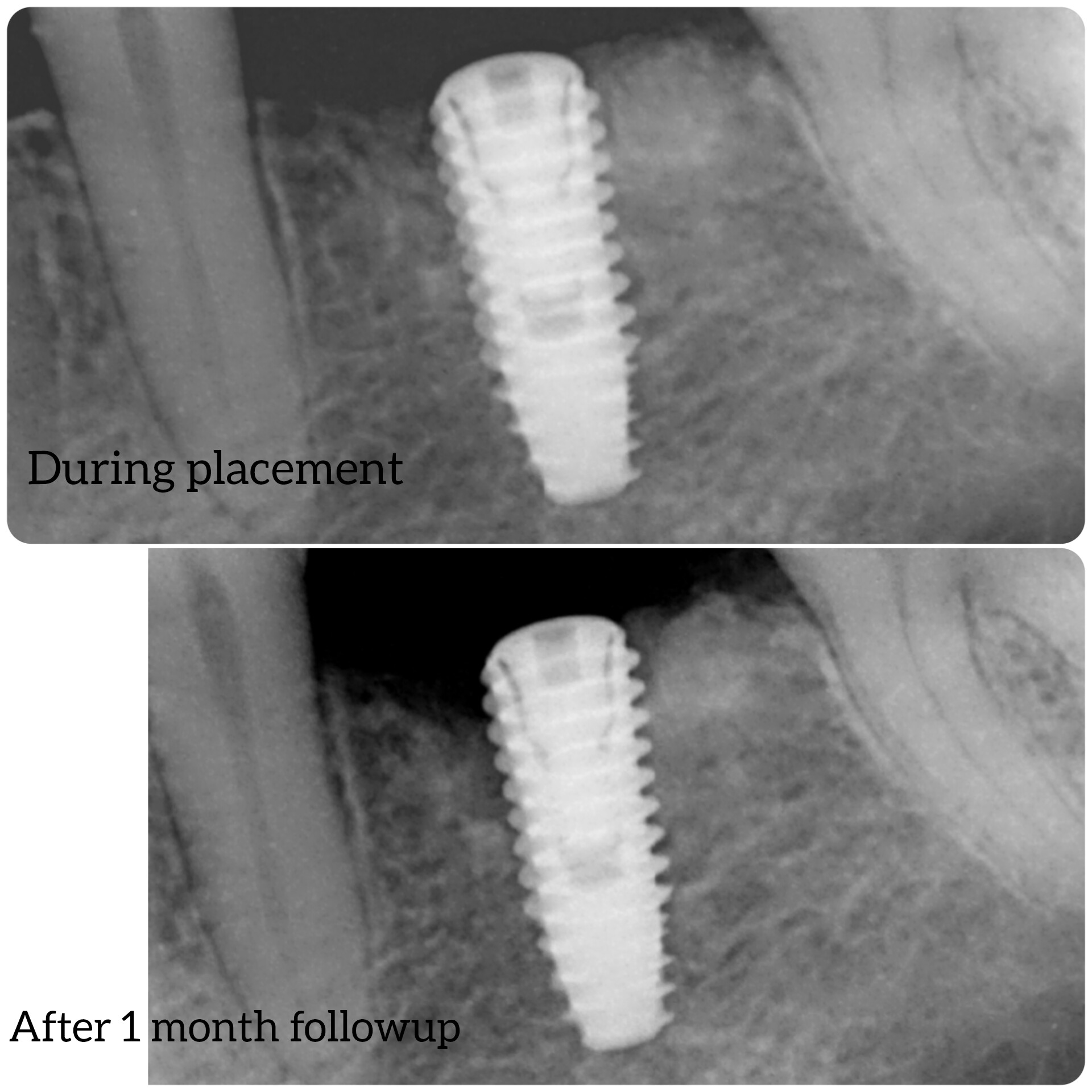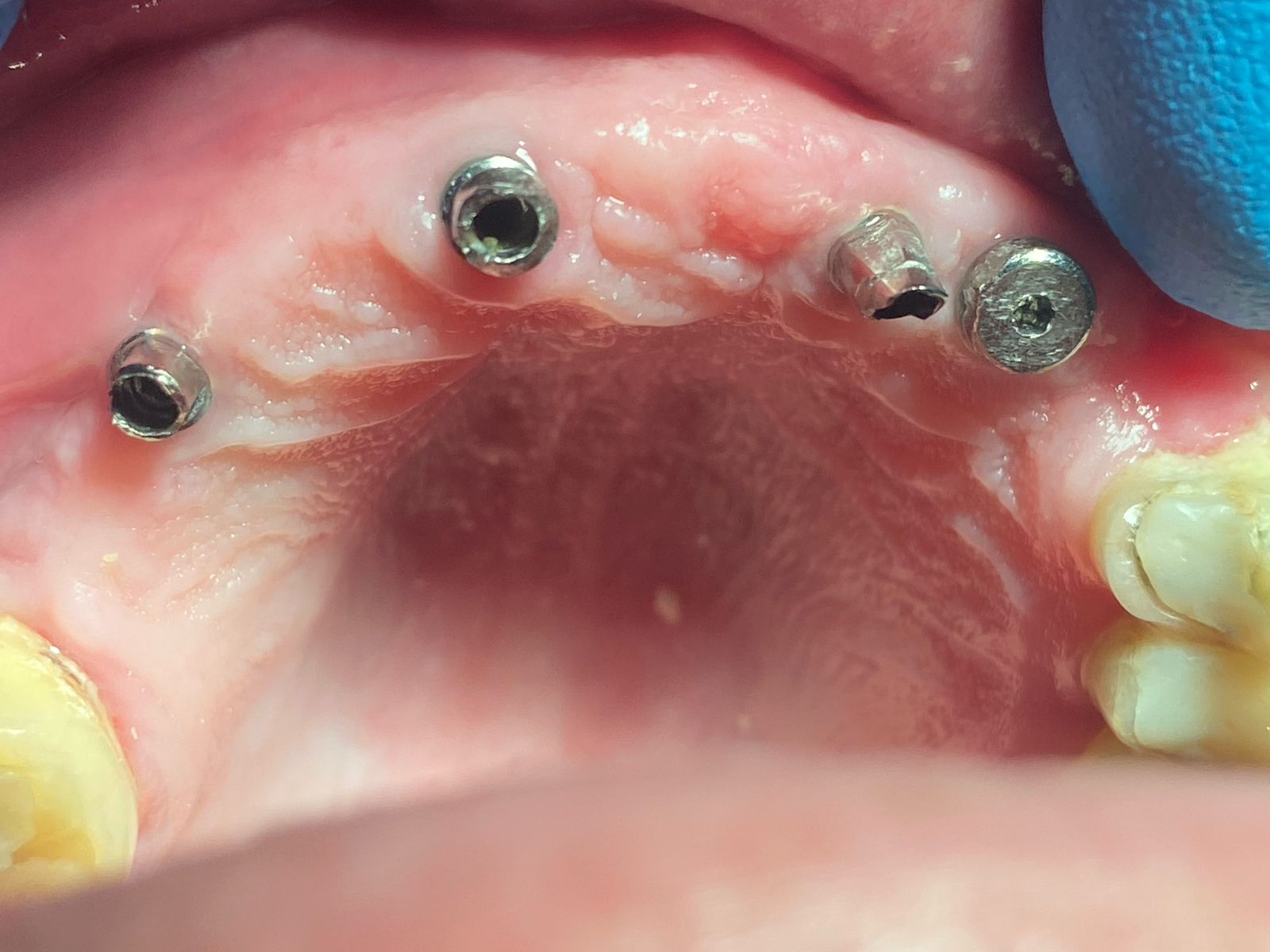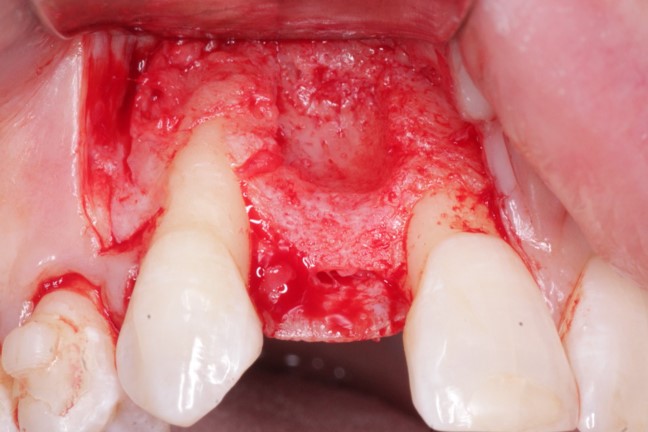Nanostructured Titanium for Implants?
Titanium and titanium based alloys are among the most widespread structural materials applied in various spheres of engineering and medicine. However, the enhancement of their mechanical and fatigue properties still remains an important issue, and may be resolved by means of nanostructuring of metals and alloys through severe plastic deformation (SPD) techniques. Severe plastic deformation (SPD) processing aims to get microstructural refinement to a level not achievable with traditional processing.
Clinical trials of this material are progressing using dental implants, where the higher strength has allowed for smaller implants to be fabricated, enabling surgeries that were previously limited by small spaces and insufficient bone to anchor the implant.
A recent study by researchers in Russia reported the following results:
“Nanostructured titanium (nTi) with essential enhanced strength and fatigue characteristics is an advanced material for dental implant applications. Nano Ti is commercially pure titanium, that was nanostructured by a special technique of severe plastic deformation. It is bio inert, does not contain even potentially toxic or allergenetic additives and has significantly higher specific strength properties than any other titanium applied in dental implants.
Cylindrical threaded screw implants Nanoimplant® sized 2.4 mm in diameter and 12 mm in length were made from nTi. It is the first application of nTi dental implant in the world reported. Recently more than 250 successful clinical applications dealing with surgery on the front teeth were carried out. No complications were noticed during the early postoperative period and early loading. Laboratory cytocompatibility tests undertaken so far on mice fibroblast cells have indicated that nanocrystalline Ti surface has a significantly better property for cell colonisation and healing of tissue consequently.”
More information on Nanostructured Titanium is available at:
ARS Technica and at Scientific.net










